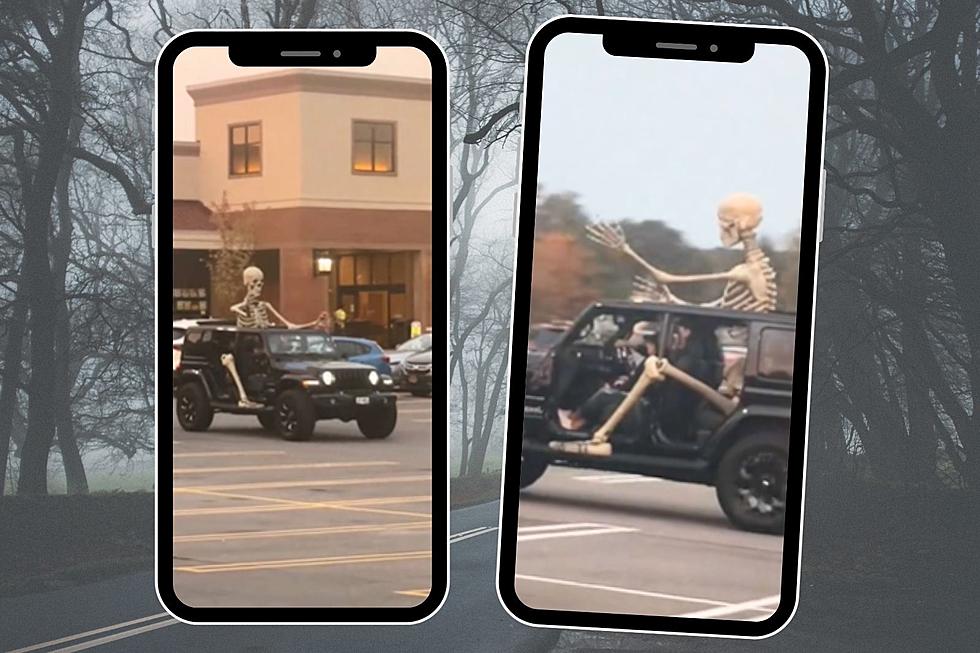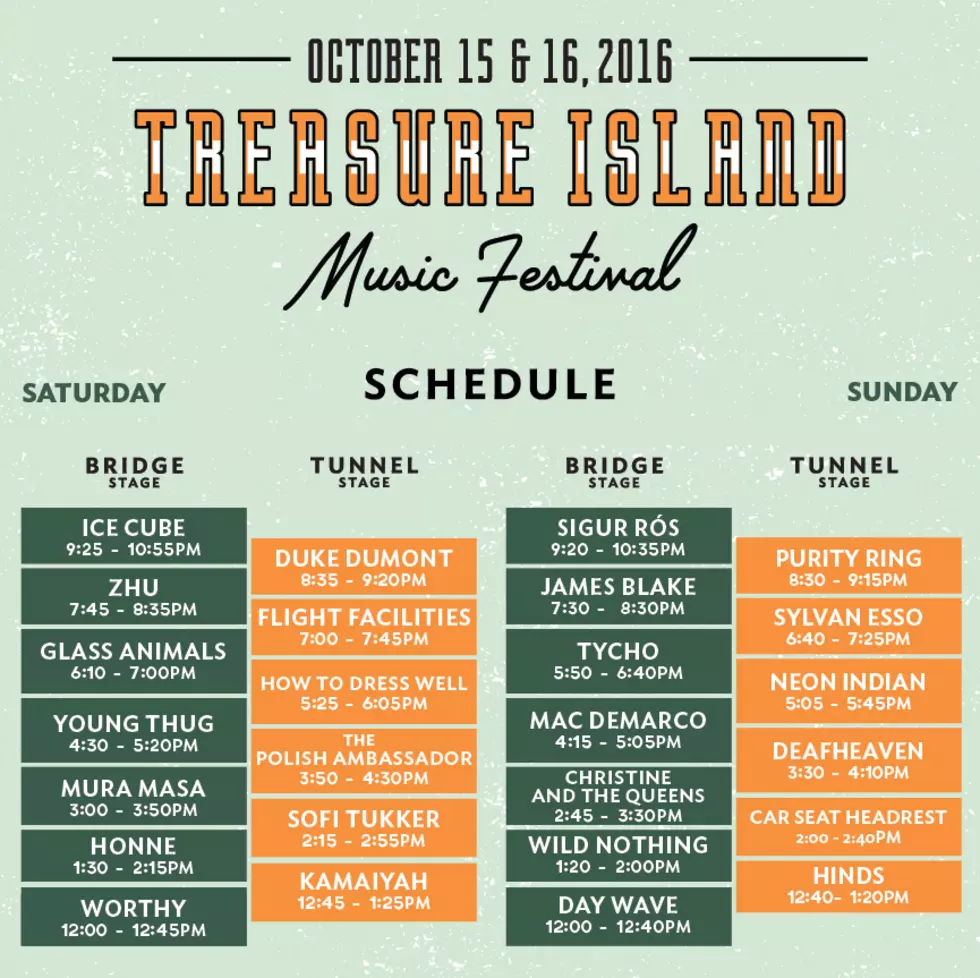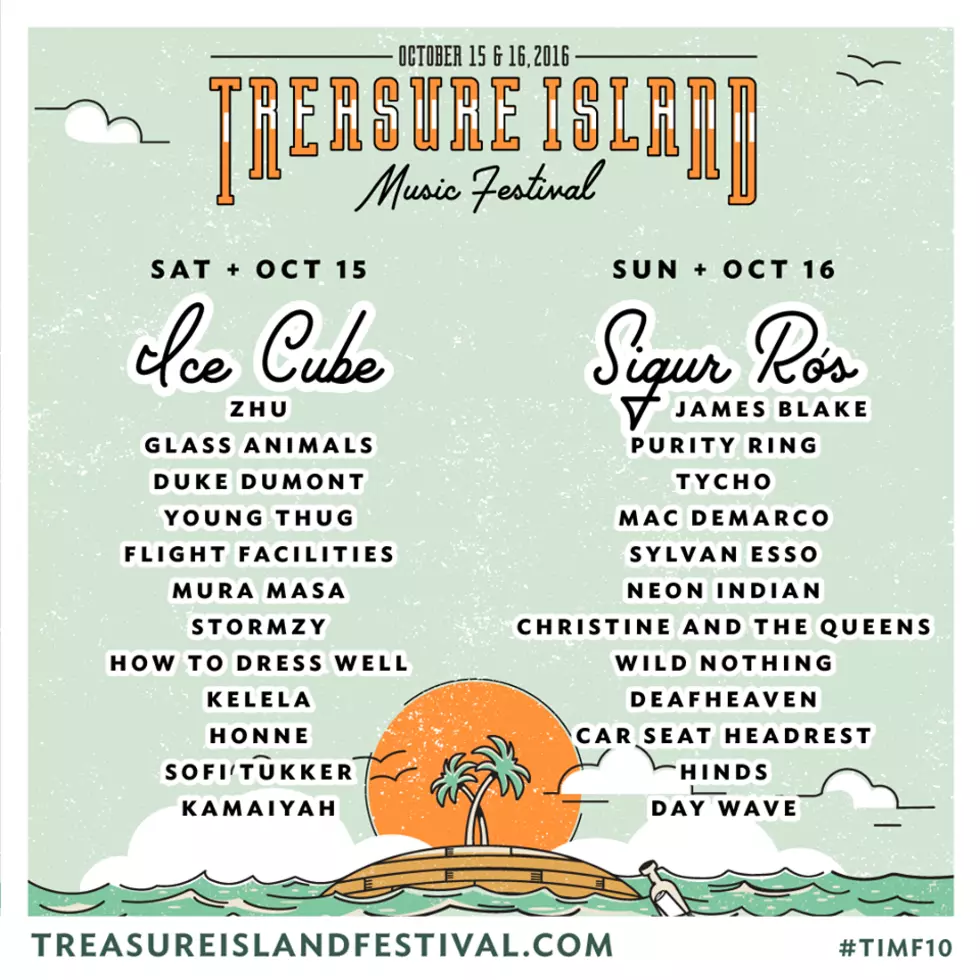
elektro exclusive interview with Trance Family: Giuseppe Ottaviani, Sied van Riel, & Leon Bolier
You guys are pretty much pioneers in the electronic music scene. What are your thoughts on the music this year, particularly where trance stands?
Sied: I think that trance is still very much alive, but the dominant type of music is not trance. I think the current generation is kind of finding its place in EDM, I think that’s what’s happening now; they’ve had three years of mainstream music and now they’re starting to settle down with what they like most, and I think that a big portion of that audience flows into trance these days.
Giuseppe: It’s a mix of everything almost. I like listening to everything but I’ve always preferred to maintain my identity. I’m influenced by many different sounds—I like a few elements of every genre, and I enjoy taking those elements and bringing them back to my own music. I always try to bring something fresh that still represents me.
You three have each really stayed true to your sound, despite the popular fads throughout the years.
Giuseppe: The music is evolving, and our music now could be different from the past years, but there is a way to deliver something fresh that people still recognize as you.
Leon: I think there are always good elements in any kind of music. I’m always listening to whatever is out there; I think its up to the people to judge whatever genre they like or not. As long as I’m enjoying myself, I know I’m doing the right thing.
You guys are known predominantly as trance artists. What have been your experiences with the changing musical landscape?
Sied: It seems there was a point where trance became almost like a dirty word. It was ridiculous. A lot of people follow the hype, the masses follow the hype, and the only thing you can do as an artist and music lover is wait. Things always come back. We can see that now, with trance.
Giuseppe At the heart of it, melody will always be in demand. That’s one of the most important things, not just for trance but also for music in general. Melody will always be there.
Sied: Its what strikes a chord with people’s emotions. Trance, in my opinion, and its emphasis on melody, is what started that whole [electro-house] movement. It chartered that combination of genres: some people took melodies and put them over a slower BPM—they made it more accessible for a bigger audience. It became hype. I think the younger listeners who got into to it a couple years ago, they’re starting to find their place in EDM. Once upon a time when we were coming up, we used to go down the rabbit hole to all these underground clubs and shows. Most of the new generation doesn’t really have that on as large of a scale as we did. The first thing a lot of them hear is mainstream music. But we all find our way to something that resonates with us eventually.
How’s the past year been for you in terms of performances?
Giuseppe: I was stuck in my studio for a year and a half working on my next artist album, which will be out the end of May; I’ve been there every single day.
Sied: That’s why he’s so white.
You were just in Tunisia. How’s the crowd over there?
Leon: It’s a nice crowd. They’re very grateful that somebody takes the time to go there and perform for them. We felt very welcomed.
Sied: It’s amazing, you try to pay for something yourself and they’ll cut your hand off, it’s almost offensive to them. In my country, in Holland, we think completely different. Its cool when you get to these places and the people show that appreciation in that way.
A lot of you guys were musicians before you were producers.
Sied: Well this guy here, Giuseppi, he’s a real musician. He can actually compose, play piano, etc. And Leon too has experience. I’m not so good at the instrument aspect of it.
Leon: Well I’m just composing beats now. I actually find it harder than writing a melody. Giuseppe and I, we can just go on a keyboard and we love it, that’s that. But to create a groove…I wanted to have a different challenge, so I’m kind of concentrating on the beats. I like the production of them, and its come back to the point where I work on a track for like a month instead of one day.
Sied: Quality over quantity. The lifespan of a track is so short nowadays, three weeks and its considered old.
Giuseppi: Well, listen to this—
Sied: I’m not going to listen to you.
Giuseppi: Ok, sorry. I’ll just talk to everyone else. Anyway, on Valentine’s Day I played a track from the album that I’m releasing in May, and I recently got a comment from someone asking when I’ll be releasing new music. The album isn’t even out! People say, “Hey Giuseppi, it’s been a month and I’m still listening to that song, when are the new ones going to be released?” That song isn’t even officially released! It’s incredible.
I think a lot of that short-attention span is reflected in some of the sets we hear at bigger events—very rapid track turnovers.
Leon: Yeah, it’s all about drops.
Sied: The concept is sh*t-loads of tracks, just peaks and drops. A lot of the DJs do that because it keeps people focused, it keeps their attention, especially if they drink a lot of booze and are getting crazy. Its like folk music, all thirty seconds to one minute.
Leon: Sometimes its what you’ve got to do at big festivals because you only get one hour and you don’t want to be the warm up DJ for the next guy. It’s a business as well, so you just want to make people jump, and the next day they will remember your set. If you play a longer club set, you can build it more.
Sied: Its like the alpha-male syndrome, the fans are constantly trying to find out who will be the alpha-male DJ.
I think it’s also an American thing, because here, even at a club, many artists follow that rapid-showcase formula. A lot of us in the states are about instant gratification, its part of our culture. There’s high demand for high energy in a short time window.
Leon: I like the fast mixing, the climaxes, but I also like to do the long sets as well. You just need to know if the audience is up for that, if they are really up for a journey. If they are, I love to experiment and play a bit deeper, really build it up to a peak.
Can you walk us through your own personal journeys as artists?
Sied: It’s been a long road to basically find my preference within EDM. I started off with hardcore, went into techno, progressive, the old-school deep-rooted sound, and then floated into trance. Playing all this music kind of made me the DJ I am today. I still mix different elements from different sounds together, but it all has to be trance, basically.
Giuseppe: It takes time to find yourself, musically.
Leon: I’m still lookin’ (laughs). Once you say, ‘Ok, I’m there,’ then it stops and you don’t enjoy it anymore. You have to accept that you’ll always be looking because there are always new sounds coming up.
How do you sort through all of that music?
Giuseppe: Because there is so, so much, there are a couple of labels who’s promos I always keep up with. Then I just go to Beatport and I comb through all the tracks, buy whatever I like. When I perform, I perform live, and I play only my music. So I have a radio show, and that’s a great outlet for me to showcase and share music by other producers. I was trying to do it on my own for a time, the searching, the downloading, track selecting…its too much sometimes. It helps to have someone help.
Sied: I have it filtered. I have a guy who collects all the different promos from a lot of labels, and a lot of labels send me tracks directly. But it’s so much stuff that, if you have to listen to everything, you’ll spend a lot of days holed up.
I’m sure you guys get a bunch of promos from aspiring artists, too.
Sied: Unfortunately, it works like this: if you send out a track to a big DJ, and the guy doesn’t like the track, he’ll send you feedback as to why its not for him. You send him four more tracks that he doesn’t like, and he’ll stop listening to your music. I have to be very selective, but I’m also always on the lookout for that one track that nobody has discovered yet. That’s the chase. For example, three years ago I heard this track from KhoMha. It was unbelievable, so I put it on a mix and Markus [Schulz] signed it. I knew instantly when I hit that track that this guy had a future. That was a lucky shot—I saw the name, thought “this is an interesting name,” listnened to the track, and it blew me away.
Giuseppe: For me, I find it helpful when I listen to music and don’t pay attention to the title or the artist’s name…I’m listening to the sound. The rest can be distracting. I try to focus only on the music and nothing else.
Sied: So my name doesn’t mean anything to you, Giuseppe?
Giuseppi: Unless you send to my personal email…but truly, this is the best way I’ve found to discover really good music.
Sied: That’s a good idea, actually. I think I’ll try it.
Leon: You always should play whatever you want, just keep it good quality.
Sied: Tell that to the people on the forums.
Leon: (Laughs) Well, of course you have to think of what will work for a live audience, etc. There’s a difference between radio play and live play, but I will never play a track I don’t like, never. You have to feel the music; else it won’t make any sense. I want to be in the DJ booth getting goose bumps from the music I’m playing.
Sied: It’s like chasing the high.
Photo by: Adam Lalani
More From Elektro Daily









